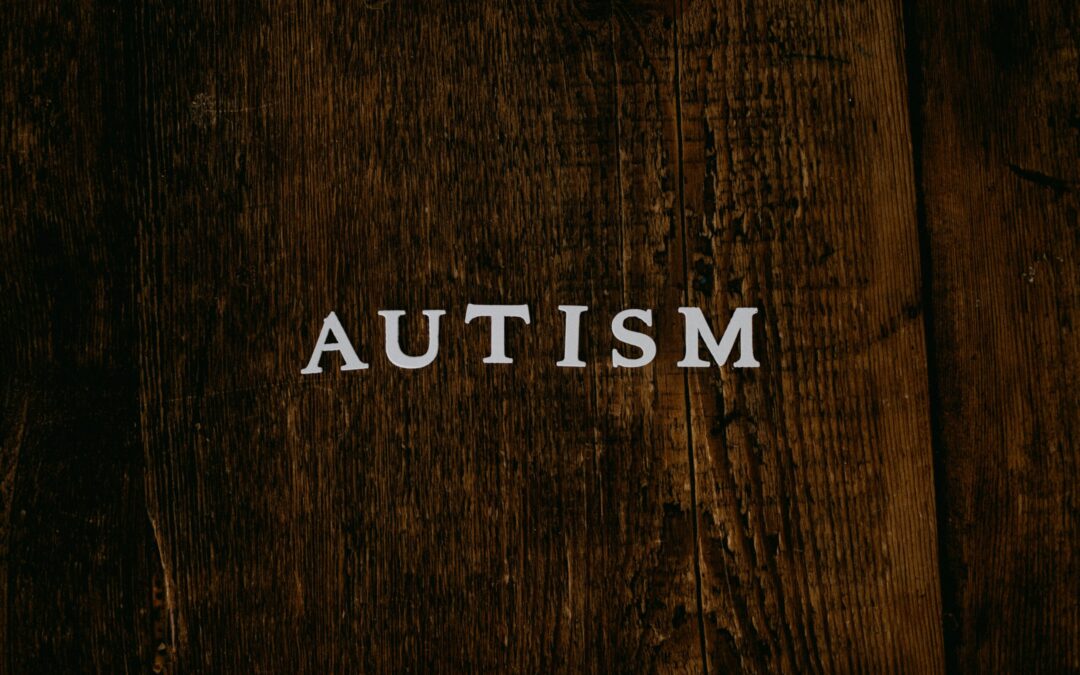Understanding autism and its spectrum is essential, particularly in India, where it touches many lives. With appropriate support and tailored therapy types that cater to individual needs, individuals with autism in India can lead fulfilling lives. The significance of personalized care is underscored by the effectiveness and adaptability of various therapy types that are prominent in autism care center.
Personalized Behavioral Interventions
Behavioral therapies are pivotal to autism care, especially when personalized to fit individual needs. Applied Behavior Analysis (ABA) stands out, employing reward-based motivation to enhance social skills and communication. In India, autism centers increasingly recognize the value of such personalized ABA interventions. They are adapting these therapies to cater to the unique profiles of each individual, thereby optimizing the effectiveness of the treatments. Through vigilant monitoring and strategy adjustments, these autism centers in India receive the most advantageous form of support, reflective of the global best practices in ABA therapy.
Speech and Communication Enhancement
Communication challenges are common in individuals with autism. Speech therapy is dedicated to improving verbal, nonverbal, and social communication. The goal is to enhance the individual’s ability to express themselves and understand others, which is essential for daily interactions. Speech therapists work closely with individuals to identify specific areas of need and develop targeted strategies to address them. This collaborative approach improves communication and boosts self-esteem and the ability to form connections with others.
Occupational Therapy for Daily Skills
Occupational therapy aims at boosting independence by focusing on daily life skills. Therapists work with individuals to develop motor skills, sensory processing abilities, and self-care routines that are vital for self-sufficiency. This form of therapy is essential in assisting individuals to navigate their environments more effectively and confidently.
Sensory Integration Therapy
Sensory processing issues can be a significant concern for those with autism. This Sensory integration therapy helps individuals cope with sensory stimuli. The approach involves activities that challenge the person’s sensory processing in a structured, repetitive way, aiding them in responding more effectively to sensory experiences. This therapy is pivotal in helping individuals find comfort in environments that might otherwise be overwhelming. It also facilitates better concentration and focus, which are crucial for learning and development.
Structured Teaching Through TEACCH
The Treatment and Education of Autistic and Related Communication-handicapped Children (TEACCH) method relies on structured teaching. Visual cues and organization help create a predictable environment where autistic individuals can learn and thrive. The structure provided by TEACCH helps reduce anxiety as individuals understand what to expect from their daily routines.
Social Skills Groups to Foster Interaction
Navigating social interactions can be challenging. Social skills groups offer a safe and structured environment where individuals can practice interacting with others, understand social cues, and build lasting relationships. These groups also provide a platform for individuals to practice and develop empathy and perspective-taking, which are essential for building and maintaining social relationships.
Developmental, Individual Differences, Relationship-Based Approach (DIR)

The DIR model emphasizes the importance of relationships and emotional interactions. This approach encourages engagements tailored to the individual’s sensory processing and developmental level. It supports the idea that growth and learning are facilitated through meaningful relationships and interactions.
Cognitive Behavioral Therapy for Emotional Regulation
Cognitive-behavioral therapy (CBT) addresses the connection between thoughts, feelings, and behaviors. For those with autism, CBT can be adapted to help manage anxiety, reduce stress, and improve emotion regulation. CBT helps individuals react more positively to situations that previously might have caused distress by incorporating techniques to challenge and change unhelpful thoughts.
Conclusion
Every individual with autism has unique needs, and finding the right therapy is crucial. For autism in India, the quest for the most suitable autism center involves considering these eight therapy types. As awareness and understanding grow, the hope for effective autism intervention becomes more tangible.

